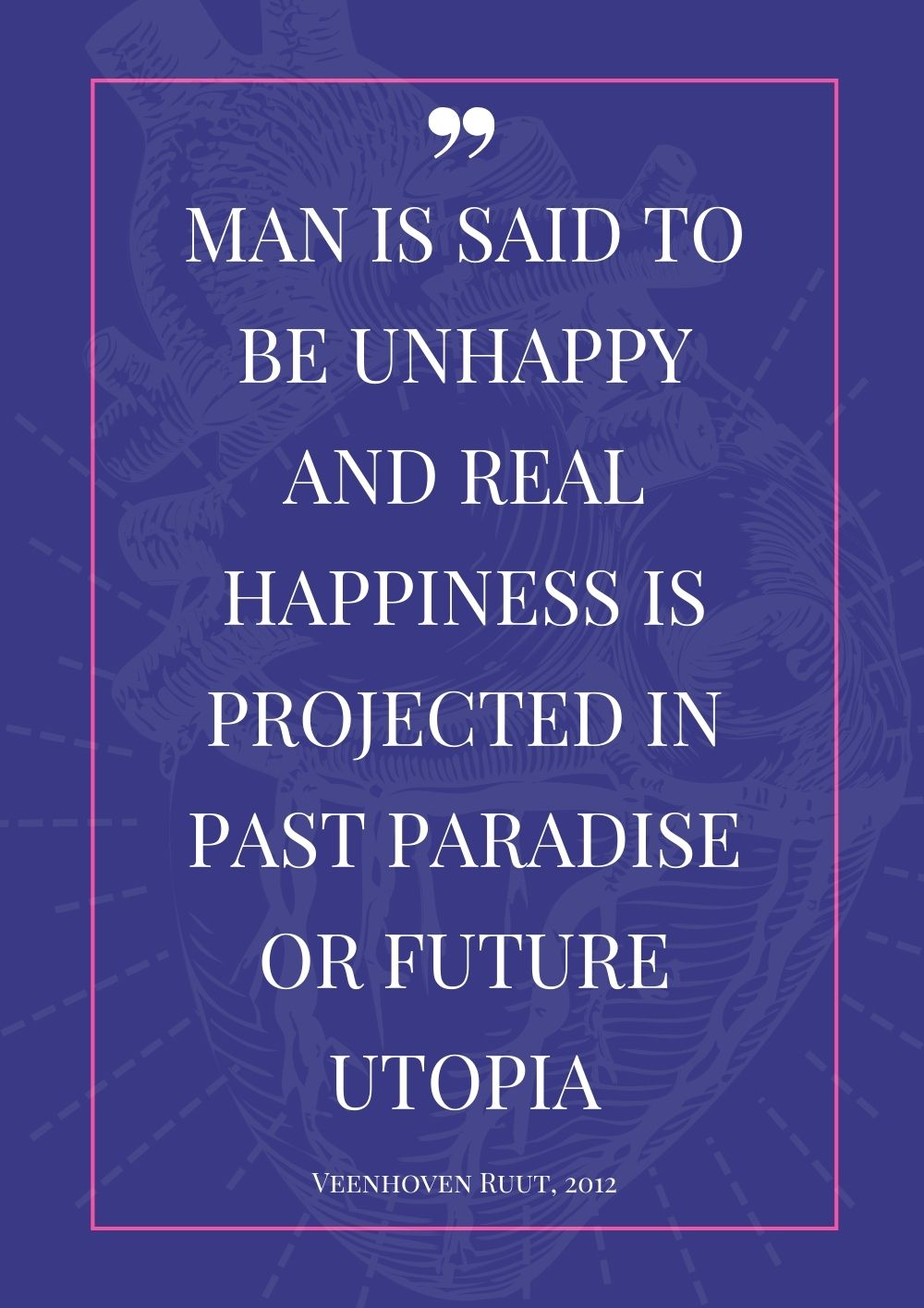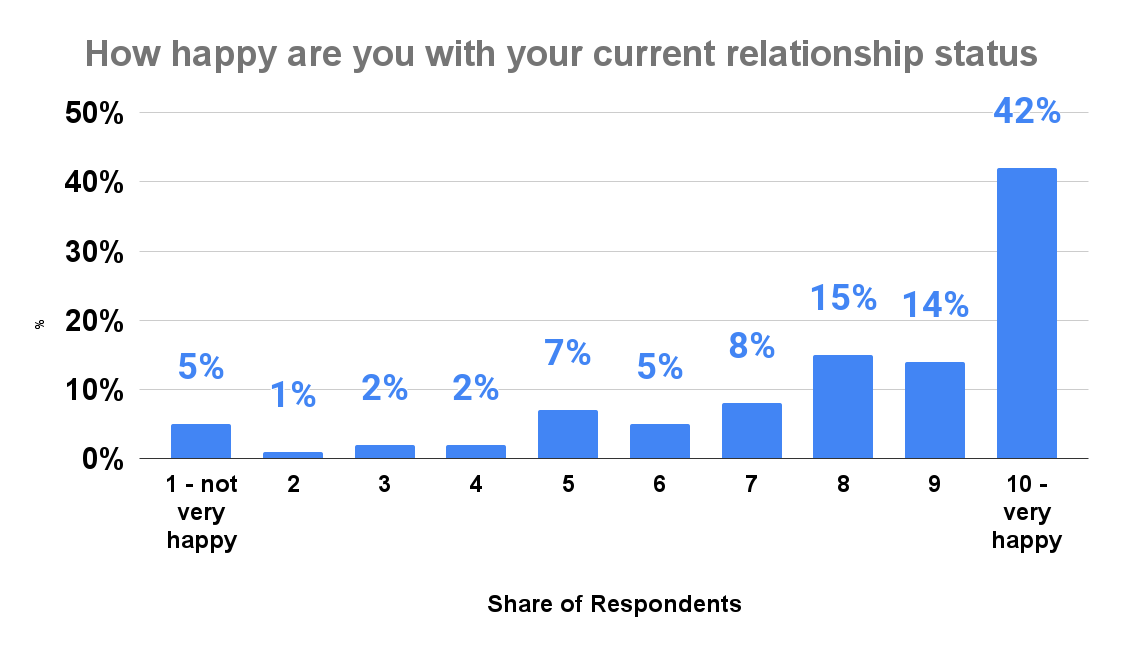9 SIGNS SOMEONE IS PRETENDING TO BE HAPPY
WhatToGetMy Instructional Article
- There are many reasons why people pretend to be happy.
- Pretending to be happy when you are not happy is not ideal but sometimes convenient depending on the sensitivity of the situation.
- Faking happiness can have a long or short-term negative effect on people and their relationships if the underlying issue is not resolved.
- In this article, you will find 9 signs someone is pretending to be happy.

FALSE HAPPINESS
Identifying false happiness would have been a lot easier if happiness wasn’t a complex phenomenon. Researchers have repeatedly noted that there are no consistent physiological and behavioral links to happiness. This means that telling when someone is truly happy or pretending to be happy will be pretty difficult since happiness can be expressed in unique ways. It will be like looking for a needle in a haystack. It is no wonder friends or families of some suicide victims are either confused or hard on themselves for thinking that the deceased was happy and bubbly before their demise. It is also why people get awfully surprised when their favorite ‘couple crush’ breaks the news of a divorce.
People pretend to be happy about their marriage, relationship, family, friendship, another person’s achievements, or life in general whereas they are not. Probably a lot of fake happiness on social media but we will not know until a drama blows up. The last thing anyone should ever attempt to do is to point to people and confidently say that they are happy or not happy since happiness can take many forms. If we honestly reflect on our lives, we might be able to pinpoint moments when we pretended to be happy about something because we didn’t want people drawing up their conclusions about us. Although we knew that pretending was not easy, it was convenient to do until we resolved the issue or made peace with it.
Is faking happiness right?
We certainly don’t think it is ideal to fake being happy. It can breed resentment, depression, aggressive outburst, habitual timidity, violence against others, and even oneself. Most importantly, it denies a person access to the right help.
Is it important to always let people know when we are not truly happy instead of pretending to be happy?
We cannot confidently say yes. Apply discretion. Not everyone has the inner strength and nor maturity to deal with unhappy situations and reach a healthy resolve. In cases where pretending to be happy is masking a person’s poor mental health and overall quality of life, it is important to speak up. No matter how petty the reason for pretending to be happy might be, seeking professional advice could bring rationality, courage, direction, and even material help to the situation.
Why do people pretend to be happy?
There are many reasons why people pretend to be happy and some of them are;
1. For fear of getting into trouble with their spouse, family, or friends.
Some people are in abusive relationships and they fear the risk of exposing their abuser. It could be that they fear abandonment, physical violence, financial hardship, and many more.
2. Fear of being misunderstood.
Nobody wants to be misunderstood, it is frustrating. A person might pretend to be happy for their friend getting married whereas they feel sad that they have not successfully found a partner in a long time. They are not jealous of their friend, they are rather sad about their loveless life which their friend’s marriage reminded them of. Check out How to stay single and happy. Secondly, a woman may pretend to be happy for her friend who has just given birth, whereas she is truly not happy because she has had multiple miscarriages in the past and the news of a new child reminds her of her ordeal. In these two scenarios, if they do not show excitement for their friends, it might be misconstrued as envy or hate.
3. Fear of being perceived or stereotyped as weak, a liar, poor, or whatever situation they are facing
A man being abused by his partner might not confide in his friends for fear of being seen as weak. A couple living in a big house and driving great cars may not confide in their friends about their financial difficulties for fear of being looked down upon or called liars. They will rather keep up with being fake happy people.
4. They do not want people butting into their ‘business’.
Some people do not like being vulnerable. Not everyone appreciates being pitied or given sympathy. It makes them feel like they are powerless and at the mercy of others.
5. To conceal their sinister plan.
Some people pretend to be happy just to conceal the evil plan they are cooking up for the person they are genuinely not happy for. When they eventually carry out their plans, nobody would believe they were behind them.
6. They do not want people worrying about them
This is probably a very common reason why people might pretend to be happy. They do not want anyone being troubled about them. They also want to avoid the possibility of the situation being blown out of proportion
At the root of all these reasons is the lack of trust in people’s intentions.
WHAT ARE THE SIGNS SOMEONE IS PRETENDING TO BE HAPPY?
Fake happiness does not have identifiable behavioral patterns per se given that everyone expresses happiness uniquely. If we want to know if a person is pretending to be happy, we shouldn’t go about weighing their actions against our perception of happiness. Rather, it might be helpful to look out for some mental, emotional, and behavioral maladjustments that have been properly identified by experts as a sign of other problems, like, depression, abuse, jealousy and hatred, stress, and many more. This is because unhappy people might be struggling with these problems. Below are a few signs of an unhappy person pretending to be happy;
1. Blank stares
Faking happiness does not automatically make a problem disappear. A person who is pretending to be happy still has to face the reality of their situation no matter how much they pretend or try to forget. When reality hits, they get lost in thoughts which sometimes manifests in blank stares. They may do this when no one is watching or paying attention because that’s when they fully engage their thoughts. If a person who seems happy is absent minded, staring blankly a lot of times, it could be a sign someone is pretending to be happy.
2. Difficulty paying attention
An unhappy person may not often live in the present. They may engage in mental activities that they fail to fully participate in whatever is happening around them. You may have to repeat a conversation you’ve had with them and watch them act like it’s the first time they have heard it. They may struggle to notice certain things in front of them no matter how obvious the thing may seem. If a person is happy but finds it difficult to focus or even remember important things, it calls for concern. It is probably a sign someone is pretending to be happy.
3. Excessiveness of actions (worrisome habits)
If you find yourself worrying about some habits or behaviors a person starts to exhibit, it is sometimes a sign that something is off. For example, you may know that a person loves to party but when their party habits suddenly become wilder than before, you begin to get worried that they will harm themselves if they continue. It could also be their drinking habit, eating habits, sleeping habit, physical fitness routines, or sexual activities. An unhappy person may increase the frequency of anything they enjoy doing in an attempt to reduce or forget their unhappy situation. If they are happy but have behavioral excesses, something is likely off. They are most likely pretending to be happy.
4. Mood swing
A person pretending to be happy but is going through a lot of stress or experiencing a difficult situation might display some mood swings. They might be chatty one minute and awfully quiet the rest of the day. They may also get easily irritated, and shove off people and activities.
5. Meanness or certain display of aggressiveness
A sudden outburst of aggressiveness or display of meanness/inconsideration is quite common with people going through a lot of stress. It could also be a sign of jealousy, envy, or tiredness from bottling up a lot of emotions for a long time. If a person is showing that they are happy but gets overly annoyed when things do not go their way, make condescending comments and harsh criticism about other people a lot, and feel consoled by another person’s setback, they might not be truly happy. Fake happy people going through a lot of stress might be unnecessarily aggressive sometimes.
6. Unnecessary competitiveness
In situations where a person who pretends to be happy is in a place with their peers, they may display heightened competitiveness. It is their way of exerting power or authority to prove that they are better. It is common among siblings and relatives from an early age till early adulthood. This competitiveness stems from the feeling of jealousy.
7. Engages in lots of risky behaviors/ activities
A person who struggles with depression but pretends to be happy may have a lot of bravado moments. They seem to take a lot of risks and many of those risks are unnecessary. When confronted about their recklessness, they trivialize it and act as if they have nothing to lose. They might insist that the person showing concern is too rigid and should learn to ‘live a little’.
8. Withdraw from people
A person who is unhappy but pretends to be happy may tend to withdraw from people. For example, a girlfriend who is unhappy that her boyfriend is chatting with a woman at an event may pretend to be happy in front of the lady but withdraw from the conversation and her boyfriend. She would not want to show that she is unhappy so as not to be termed immature and jealous. Check out Signs a woman is jealous of another woman. There are many more examples.
9. Overly careful
While some people going through a difficult time might participate in lots of risky behaviors, others are too careful. They act too carefully to be seen as nice and be in the good books of everyone. They act as if they are trying to please people or someone. For example, a person in an abusive marriage might try not to stay out after a certain time or invite a friend over at their place just to be in the good books of their spouse. A child with abusive foster parents may find it hard to accept nice gifts from friends so as not to get into trouble at home. People pretending to be happy in a relationship will likely get themselves isolated.
In 2017, a study asked Americans to rate how happy they were with their relationship status on a scale of 1-10, 10 being very happy and 42% of respondents noted that they were very happy. Source: Statista. If you spent a week with some of the participants who rated their level of happiness 10, do you think you would be able to identify if some of them were pretending to be happy?

FREQUENTLY ASKED QUESTIONS
1. Is it good to fake happiness?
Faking happiness is not ideal. When a person pretends to be happy, they deny themselves the opportunity of getting the right help they deserve. More so, they are more likely to harbor resentment, anger, and other emotional baggage. However, some situations may warrant a person to fake being happy.
2. How can I tell if someone is faking happiness?
The best way to know if a person is pretending to be happy might be to pay attention to signs of other physiological changes or psychological issues like depression and stress. This is because happiness is a complex phenomenon and people express happiness in unique ways. There are no physiological or behavioral clues to identifying happiness and this makes it difficult to pinpoint false happiness.
CONCLUSION
A lot of people fake being happy because it seems convenient although not ideal. There are many reasons why people pretend to be happy and the most probable reasons are that they do not trust the true intent of the next person and they do not want to burden others with their problem. While it is not easy to identify people that might be faking happiness, people that pretend to be happy may be struggling with stress, depression, envy, chronic illness etcetera. Being able to pinpoint underlying problems may help you know if a person is going through a situation that may be pretending that they are happy. If a happy person is mean to others, aggressive, has excessive habits, takes a lot of unnecessary risks, is overly careful, has mood swings, and is usually absent minded, it is probably a sign someone is pretending to be happy.
REFERENCES
Veenhoven, R. (2012). Happiness: Also known as “life satisfaction” and “subjective well-being”. In Handbook of social indicators and quality of life research (pp. 63-77). Springer, Dordrecht.
01 HOUR 18 MINUTES
ESTIMATED TIME DESIGNING AND UPLOADING THIS ARTICLE
11 HOURS 45 MINUTES
ESTIMATED TIME RESEARCHING AND WRITING THIS ARTICLE
You Might Also Like

How to Know if Your Teenager is Depressed and How to Help Depressed Teens
How to Know if Your Teenager is Depressed WhatToGetMy Instructional Article Find out all you need to know about teenage depression, the signs and symptoms of teenage depression, and how to help teens with depression. In case you missed it, read our two other helpful

9 Things To Do When You’re Probably Thinking That This Can’t Be Happening
9 Things To Do When You’re Probably Thinking That This Can’t Be Happening WhatToGetMy Instructional Article Everyone – rich and poor – has gone through moments in life that they couldn’t believe were happening. Moments that leave you completely frustrated and willing to curse every

7 Tips on What to Do When Someone Is Missing
7 Tips on What to Do When Someone Is Missing WhatToGetMy Instructional Article Knowing what to do when someone is missing will make locating the missing person easier and bring them back home. Many people experience pain, anguish, depression, and an emotional roller coaster journey


